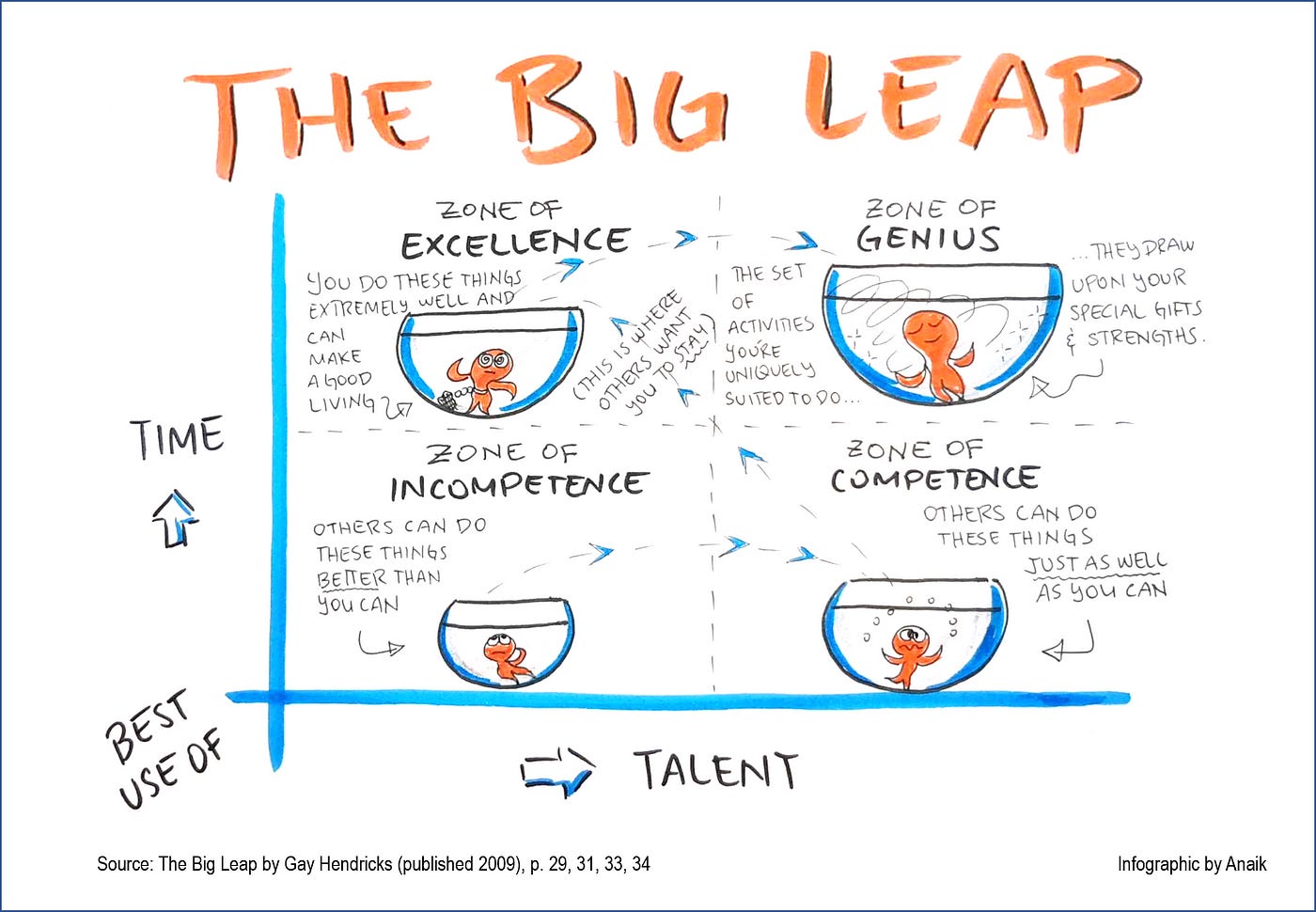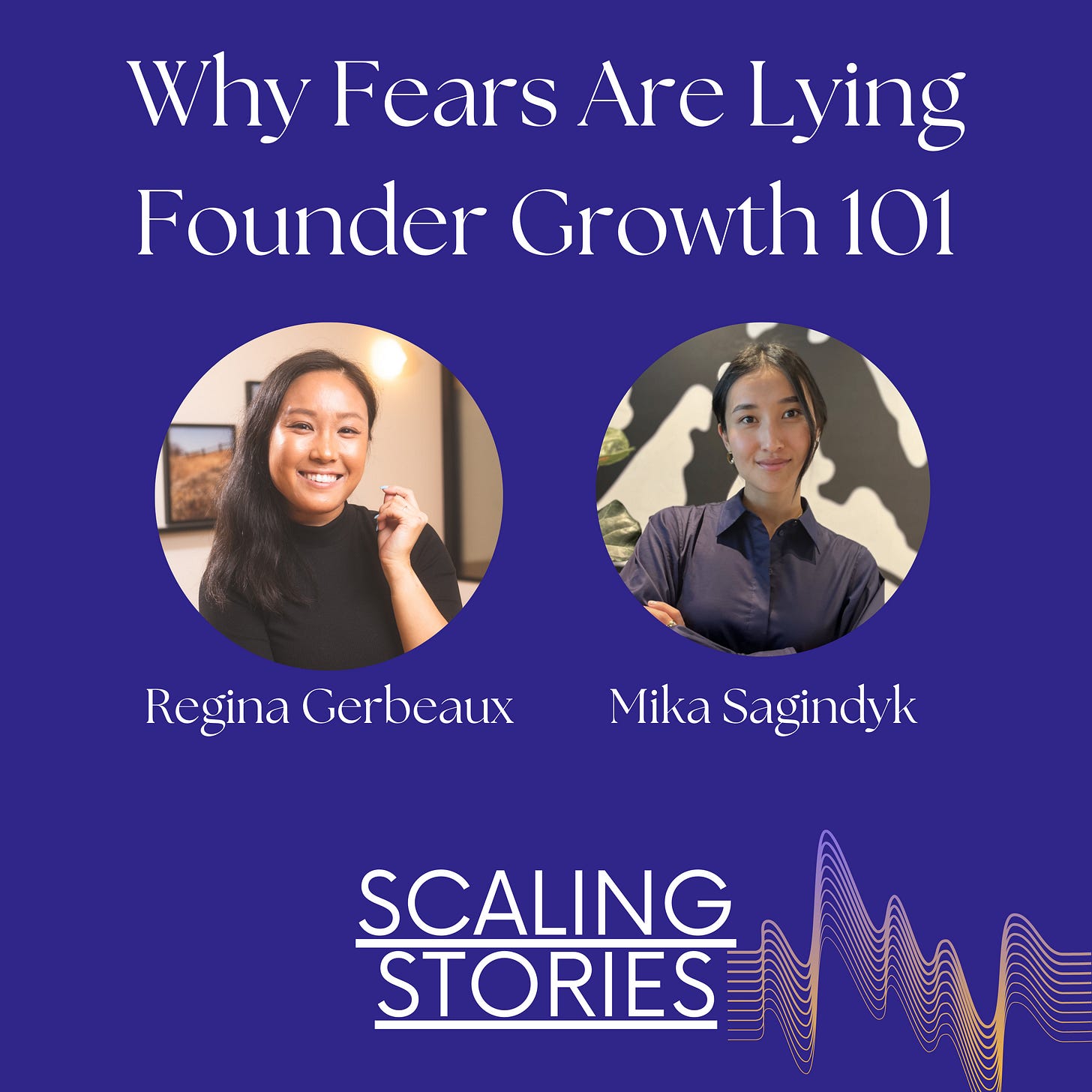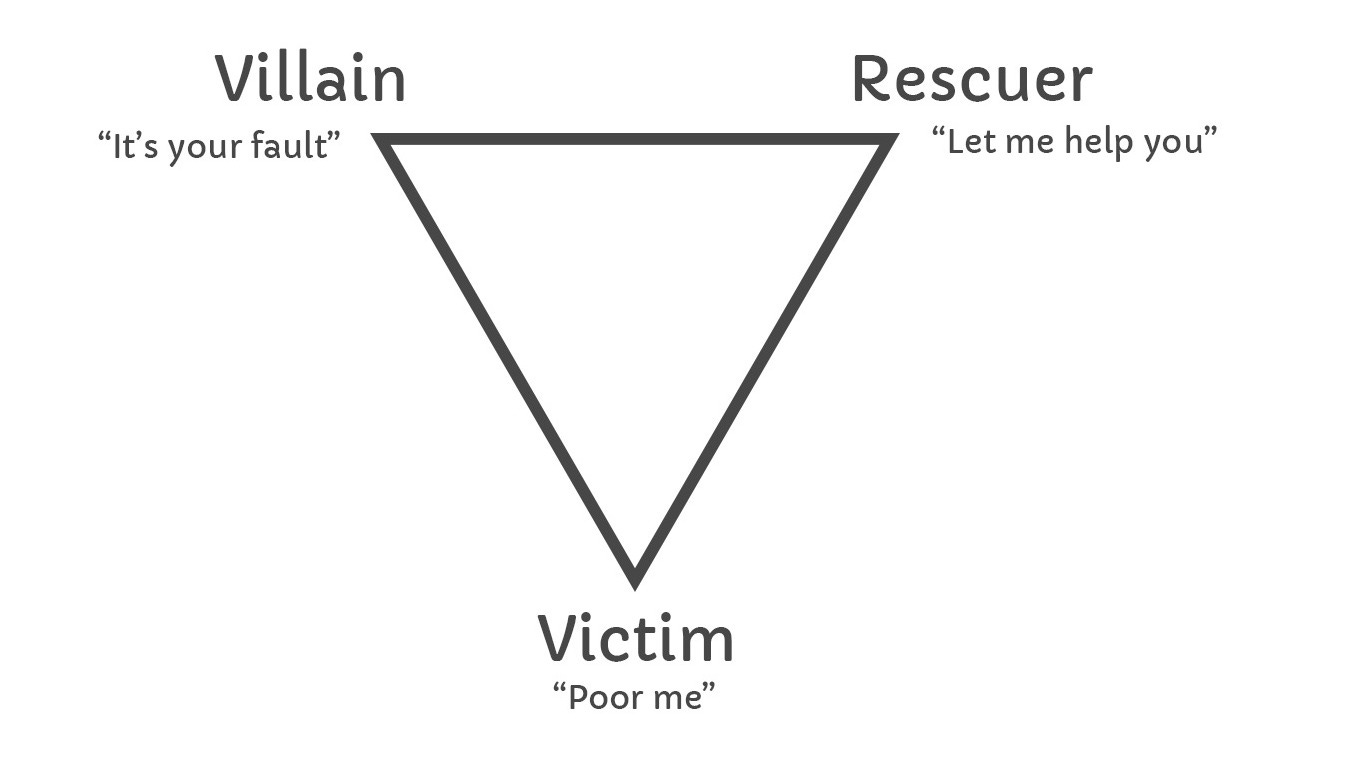It’s been a while since I published here, but here is a small win to celebrate — we’ve recently hit 10 episodes on the Scaling Stories Podcast.
I am dedicating this post to Episode #10, as this one is truly special. I had the honor of speaking with Regina Gerbeaux of Coaching Founder, a former Entrepreneur turned COO turned Executive Coach who has worked with top-tier tech execs in the Silicon Valley and beyond. She is also the very first coaching student of Matt Mochary, coach to prominent figures like Sam Altman of Open AI and Brian Armstrong of Coinbase.
Our full conversation is on Spotify or YouTube, it is packed with valuable insights.
I have to admit — I didn’t know much about coaching before meeting Regina. Neither did I expect our conversations to have such a profound impact on how I think, reflect, and (strive to) make decisions. If you are out there chasing big dreams and goals, taking a step back and focusing on self for a moment can unlock multitudes of impact on how you make both life and work-related decisions.
As I reflected upon my chat with Regina, I noted some personal takeaways that I would love to share — both from our episode and two coaching sessions, which I cannot thank Regina enough for.
Living in Integrity
One of the foundations of leading a fulfilling life is to live in integrity with oneself. The world is big and full of opportunities, and as a true optimist, I tend to look at what is possible and go after big challenges. Starting with self, however, may be even more effective for achieving integrity. To cut through the noise, so Regina suggests finding answers to simple questions like:
What do I care about?
What order to I care about these things, and why?
When we do things we deeply care about, we are on a true mission to solve a particular problem that aligns with our personal values. I previously wrote about choosing customers you genuinely like to maximize chances of success as a founder, and I got reminded of it again with these simple questions. Hence, I would personally add another question to maximize true alignment:
Who do I care about?
If we know what we are doing for whom and why, we have many answers that can guide us towards effective decisions, both at work and in personal lives.
Finding your Zone of Genius
Understanding where we want to make an impact is incredibly empowering. From there, the next step is asking:
How can I best contribute?
We all have our strengths and weaknesses, but the most fulfilling work happens in the so-called Zone of Genius. Here’s how she breaks it down:

To put it simply, we can break down all activities into four categories:
Zone of Incompetence: Things others can do better than us → Ditch
Zone of Competence: Things others can do just as well as we can → Delegate
Zone of Excellence: Things we do extremely well (better than others), but doesn’t necessarily reflect our natural talents → Evaluate
Zone of Genius: Things we’re uniquely positioned to do because of our special gifts and strengths → Embrace
Many of us stay in the Zone of Excellence — we acquire certain skills, and others want us to stay in this line of work. But these activities don’t necessarily reflect our natural talents and interests. To achieve both success and well-being, we should aim to spend most of our time in the Zone of Genius, where our unique talents shine.
To find your true Zone of Genius, start by finding to the following questions:
What do I absolutely love doing?
What doesn’t seem like work to me, but may seem like work to others?
Being in the Zone of Genius means adding the greatest value you can to the world and people who surround you. We’re all wired differently, and that’s a good thing. There’s plenty of space for others to excel where we don’t, leaving us free to focus on what we do best.
Overcoming Fear and Taking Action
Okay, now that we’ve figured out where and how to contribute, there’s still something that might hold us back: negative emotions. At the root of all our negative emotions lies one key feeling — Fear.
We humans are constantly afraid of something, whether it’s the fear of not achieving our goals or the fear of not being fully accepted by others. Fear is deeply ingrained in our biology, a survival mechanism that helped our ancestors stay alert to danger. However, in today’s world, it often gets in the way of our growth and potential.
Regina offered a couple of strategies to manage fear:
Fear-based Journaling: Write down what scares you until you hit the core fear. Then ask:
Why am I afraid of this?
What is the worst case scenario?
Once you visualize the worst-case outcome that fear creates in your mind, write a more rational and likely scenario, based on your life experiences and knowledge about the world. The gap between these two often causes anxiety. Just recognizing how our minds exaggerate things can help us gain clarity.
Everyday Meditation: It all starts with being conscious of our feelings. Everyday meditation can help us stay present and spot negative emotions before they took over our mind. It doesn’t necessarily include closing our eyes and sitting still — sometimes, simply noticing our surroundings and emotions can help us deal with different fears more effectively.
Dealing with Conflict
Finally, we are ready to act and create the impact we want to see. Achieving anything great often involves collaboration with others, which inevitably leads to conflicts. Whenever a relationship becomes dysfunctional, it likely involves a power game where humans can take three different roles — a villain, a victim, and a rescuer.
The goal is to interact as responsible adults, without blame or unnecessary drama. Recognizing these roles can be a game-changer in resolving conflicts productively.
Spotting Great Opportunities
Great, so we’re doing work we care about and managing fears and conflicts effectively. Now what? We might still find ourselves feeling stuck, not growing or thriving in our everyday work. True progress comes from continuous personal growth, so it’s crucial to ensure we’re evolving both personally and professionally.
Many of us chase roles and responsibilities, which makes sense — they’re tangible markers of progress. But great opportunities for growth often don’t come with clear labels or titles. So how do we spot them? Answering this simple question may help:
How confident do I feel about being able to accomplish this project?
If your confidence level is around 50%, this is a good sign that the challenge may be worth pursuing. It strikes the perfect balance between discomfort and possibility, pushing you out of your comfort zone and forcing you to grow.
Regina encourages that to jump on a new challenge if you feel 50% confident you can actually do it, and then work really hard to achieve a desired outcome. I loved this piece of advice so much — and noting it to myself as the 50% Rule for Growth.
Final Thoughts
This episode of Scaling Stories isn’t quite about scaling a team or a company, but starting with self-awareness first. At the end of the day, to scale something effectively, we need to know how to scale our own impact first, and I do hope that these questions spark some interest in doing so.
A heartfelt thank you to Regina for being our guest, and for bringing so much light into my life and the Scaling Stories series. Her favorite resources for self-awareness and leadership:
The Way of Integrity by Martha Beck
The Untethered Soul by Michael Singer
The 15 Commitments of Conscious Leadership by Diana Chapman






